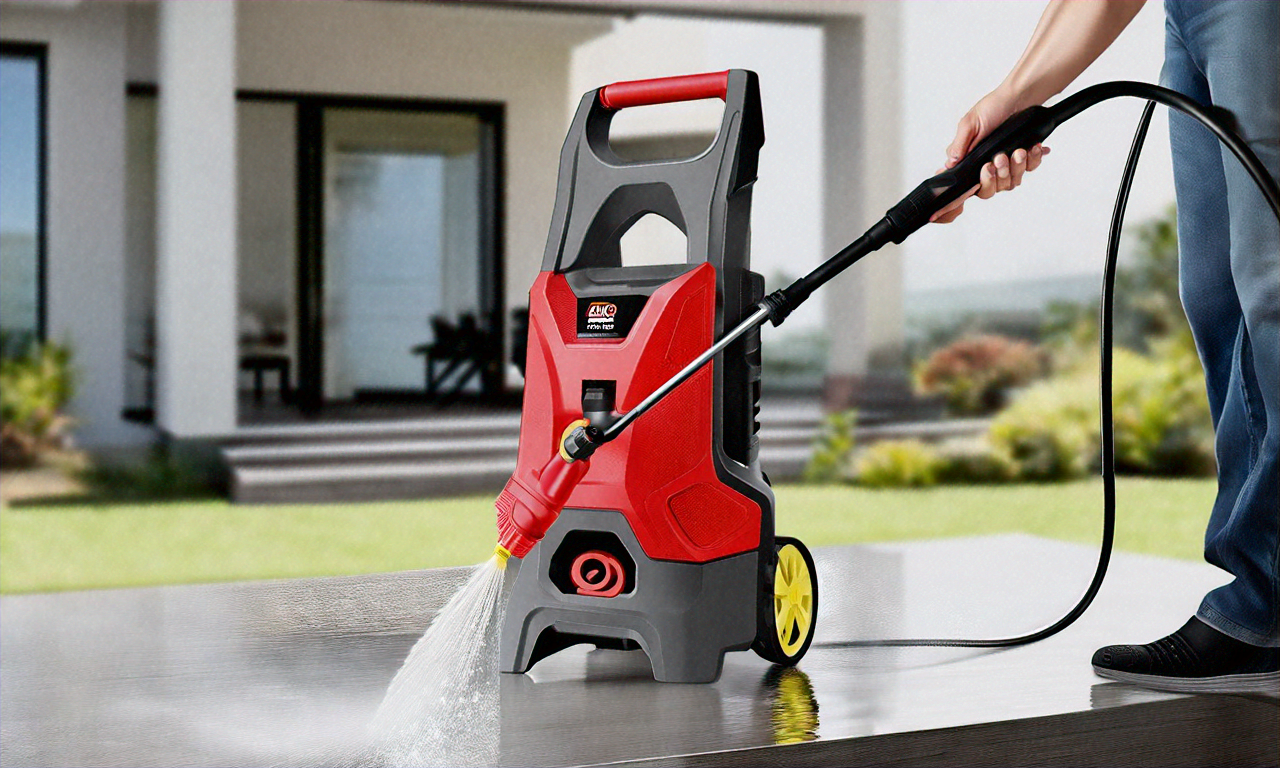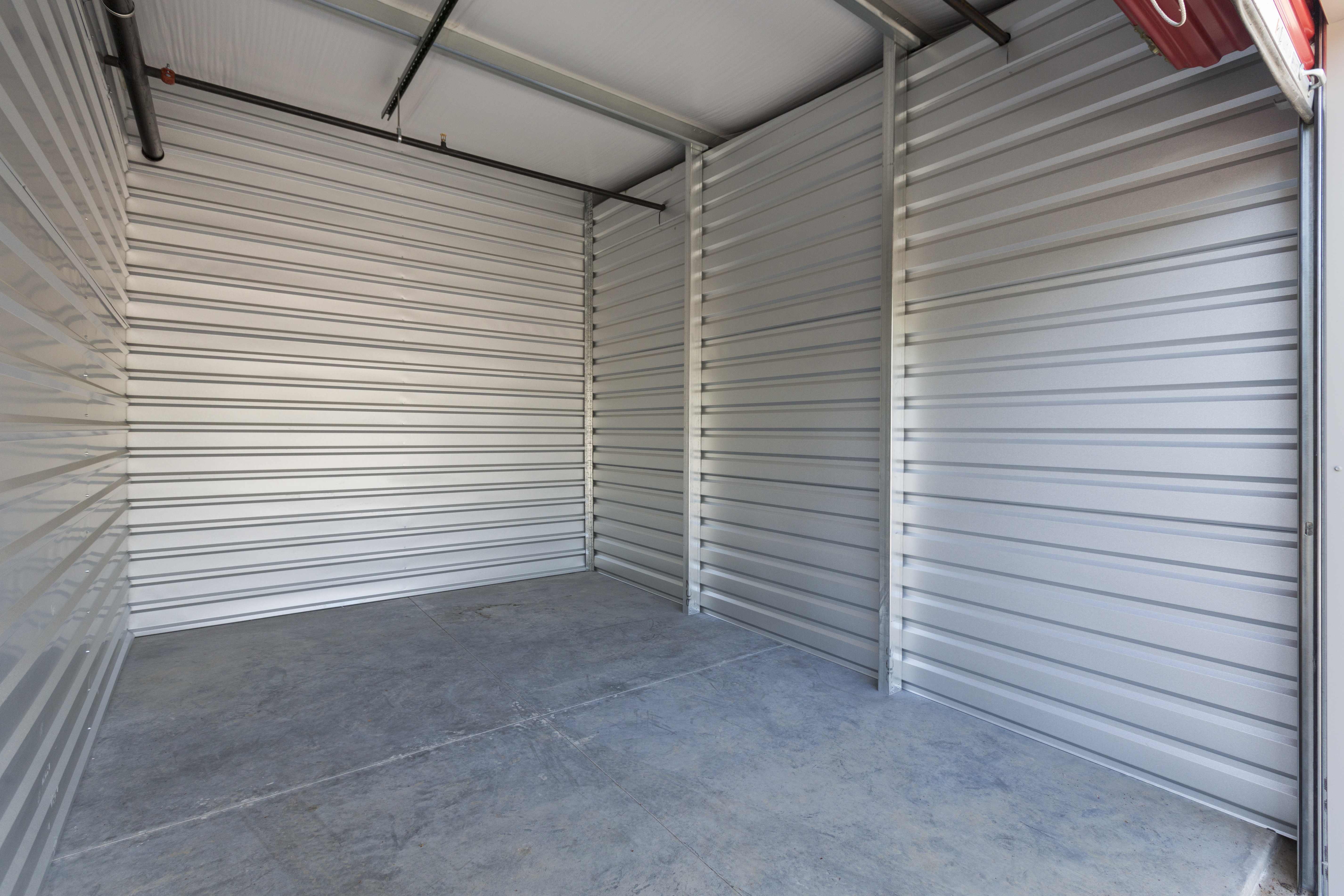The Ultimate Guide to Power Washers: Types, Features, and Choosing the Best One
Power washers make it easy to clean decks, driveways, siding, and outdoor furniture with professional-level results. With various models available, you can choose one that fits your needs and budget. Save time and effort while giving surfaces a like-new look.

Understanding Different Types of Power Washers
Power washers come in two main categories: electric and gas-powered models. Electric power washers are ideal for lighter residential tasks, operating quietly and requiring minimal maintenance. Gas-powered units deliver higher pressure levels, making them suitable for heavy-duty commercial applications and tough cleaning jobs. Both types offer various pressure settings and specialized features to tackle different cleaning challenges.
Key Features to Consider When Choosing a Power Washer
The most important specifications to evaluate include PSI (pounds per square inch), GPM (gallons per minute), and cleaning units (PSI x GPM). Higher PSI indicates more cleaning power, while GPM determines how quickly you can clean larger areas. Additional features like adjustable pressure settings, multiple spray patterns, and detergent tanks enhance versatility and effectiveness.
Best Power Washers for Different Applications
Different cleaning tasks require specific power washer capabilities. Here’s a comparison of top models across various categories:
| Model Type | Best For | PSI Range | Estimated Price |
|---|---|---|---|
| Light-Duty Electric | Patio furniture, cars | 1300-1900 | $100-200 |
| Medium-Duty Electric | Decks, fencing | 2000-2800 | $200-400 |
| Heavy-Duty Gas | Driveways, commercial use | 2800-4000 | $400-1000 |
| Professional Grade | Industrial cleaning | 4000+ | $1000-3000 |
Prices, rates, or cost estimates mentioned in this article are based on the latest available information but may change over time. Independent research is advised before making financial decisions.
Essential Maintenance Tips for Power Washers
Regular maintenance ensures optimal performance and longevity. Key maintenance tasks include checking and changing oil (for gas models), inspecting hoses and connections for wear, cleaning filters regularly, and proper storage during off-seasons. For electric models, protecting the power cord and ensuring proper voltage supply are crucial considerations.
Safety Considerations and Best Practices
Power washers can be dangerous if misused. Always wear appropriate safety gear, including eye protection and closed-toe shoes. Start with the widest spray pattern and lowest pressure setting, gradually adjusting as needed. Keep the spray nozzle moving to prevent surface damage, and maintain a safe distance from the cleaning surface, typically 6-18 inches depending on the application.
Professional vs. DIY Power Washing
While many cleaning tasks can be accomplished with consumer-grade power washers, some projects may require professional equipment or expertise. Consider factors like surface material, cleaning frequency, and time investment when deciding between purchasing a power washer or hiring professional services. For occasional use, electric models offer the best value, while frequent users may benefit from investing in a more robust gas-powered unit.
A power washer is a valuable investment for maintaining your property’s appearance and value. By understanding the different types available, their features, and proper usage techniques, you can select the right model for your specific needs and ensure effective, safe operation for years to come.




